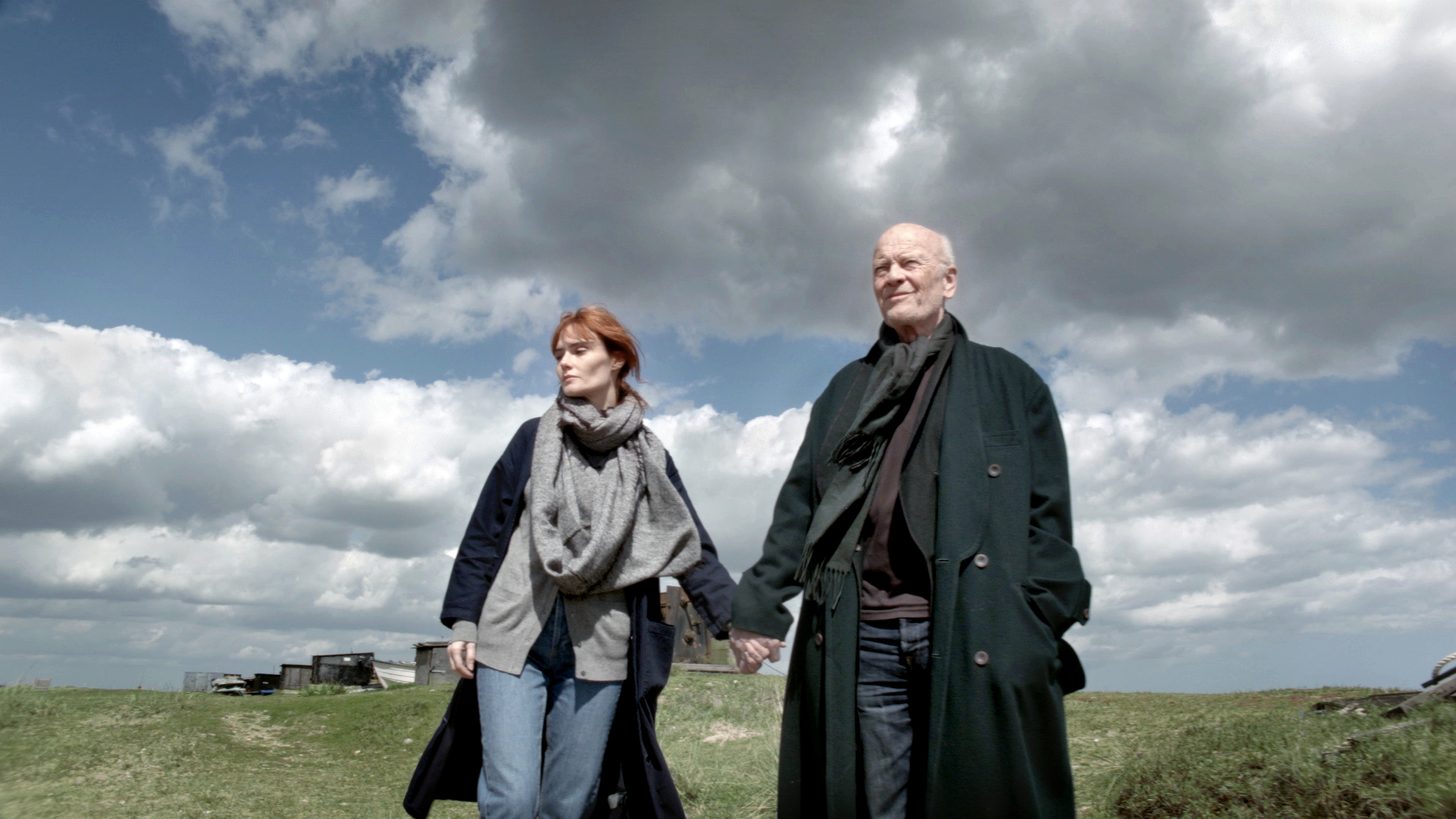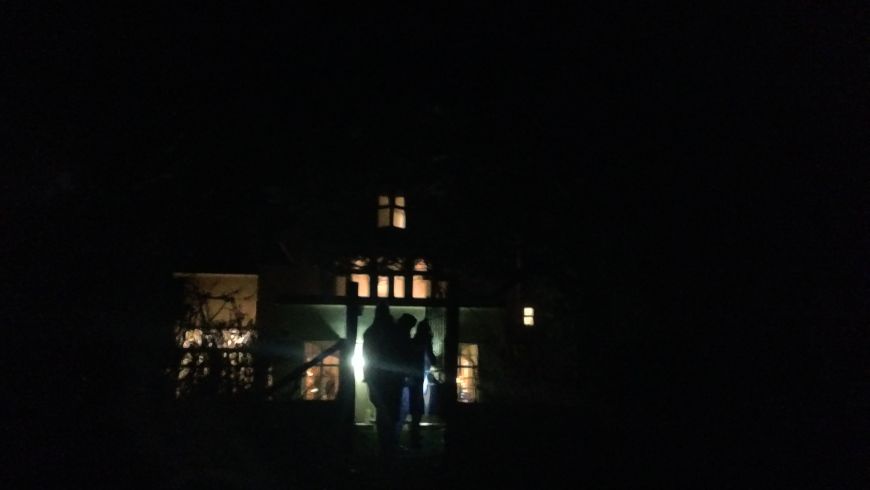Part 1: The Built Moment (Winter to Spring)
Lavinia Greenlaw
A series of texts drawing on Lavinia Greenlaw's experiences of the immediate, everyday world as it unfolds through the present moment.
Projects
Towards the end
Beyond the mountains we come into a valley of noble geologies, a place of such scale can tell only headline stories: the epic gesture, crowd scenes, a mystical wanderer who meets with absolute happenings, towering coincidence, plummeting fate and a river that runs its course between clear shadow and light. But the scene keeps enlarging until detail breaks down and we are unable to locate, let alone return to, where we are right now.
Twelve hours: New York
Snow, like rain, usually carries a sense of its origin and ending:
an impression of how far it is falling from,
an idea of for how long it will fall.
This is the movement of air between buildings made visible.
See how much work has been done!
Here we present an extract from the wider body of work.
–––
Lavinia Greenlaw’s most recent book of poems, The Built Moment, incorporates work that evolved out of 'Stay Where You Are' in a sequence about her father’s dementia. Her other work includes The Importance of Music to Girls, a short film called The Sea is an Edge and an Ending, and Audio Obscura, an immersive experience of interrupted and heightened perception that was commissioned by Artangel and which won the 2011 Ted Hughes Award. She has also received NESTA and Wellcome Fellowships to support her work in perception, landscape, and making and reading the image. She was the first artist-in-residence at the Science Museum and is currently Professor of Creative Writing at Royal Holloway, University of London.
This piece was commissioned as part of the 'Stay Where You Are' project, alongside works by Jem Finer, Jay Griffiths and Ben Rivers. 'Stay Where You Are' was curated and produced by Steven Bode of Film and Video Umbrella and Gareth Evans. Supported by Jerwood Arts. Film and Video Umbrella is supported by Arts Council England.


